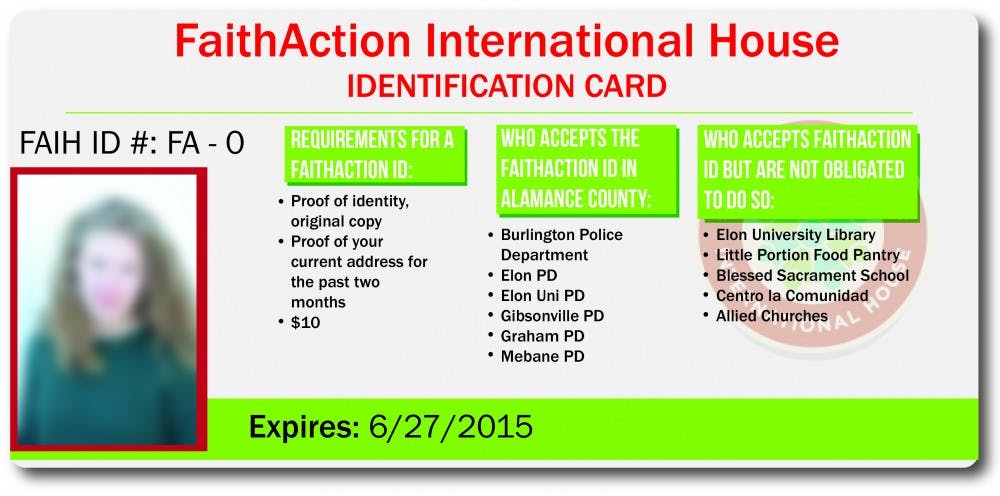On Tuesday night, the North Carolina House concurred changes the Senate made to House Bill 318, also known as the Protect North Carolina Workers Act. As of Wednesday, Sept. 30, it had been presented to Gov. Pat McCrory, but had not been signed.
H.B. 318 tightens laws around E-Verify, an Internet-based system that employers use to determine the eligibility of their employees to work in the North Carolina or in the United States. Employers found a way around E-Verify, though, by employing fewer than 25 people, the current number a business can hire before needing to use E-Verify. The bill slashes the number of hires down to five.
It prohibits government officials from accepting any forms of identification that are not issued by a state or federal government to identify a person for government-issued services. That includes the matricula consular, an ID the Mexican consulate in Raleigh has issued for 20 years to its citizens in North and South Carolina.
The bill–once it becomes law–will also prohibit North Carolina from establishing "sanctuary cities," which are viewed by some as "safe havens" for undocumented immigrants and drug-related crimes.
According to Burlington Police Chief Jeffrey Smythe, though, another amendment was added to the bill that permits law enforcement to use any form of ID to confirm a person's identity. That includes FaithAction's ID, which has provided more than 2,000 IDs to immigrants since 2013.
He said this stipulation allows the police departments in Alamance County, FaithAction and Blessed Sacrament to continue their community building efforts with Latinos and Hispanics in the county. Because many organizations that accept the FaithAction ID in Alamance County are not government-run agencies, they can accept the ID.
"The ID isn't the most important to me," Smythe said. "It's about the community that's built because of them."
The next FaithAction ID drive in Alamance County is scheduled for Friday, Oct. 31, at Blessed Sacrament Church.


